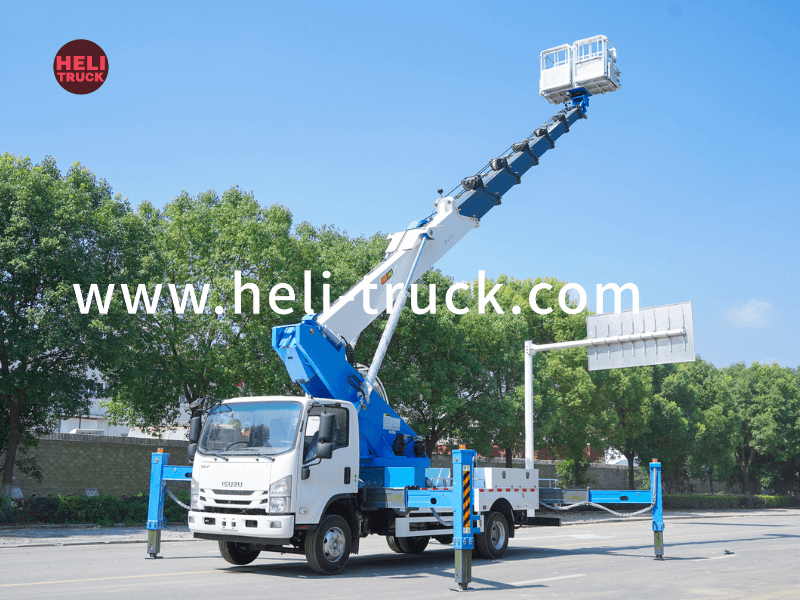Foster Davies
0 Course Enrolled • 0 Course CompletedBiography
Innovative Solutions for Low Noise Operation in Garbage Compactor Trucks
Introduction
Garbage compactor trucks play a vital role in waste management systems, helping to collect and compress solid waste efficiently. However, traditional garbage trucks are often associated with high levels of noise pollution, which can be a significant concern for both operators and the surrounding community. In recent years, there has been a growing demand for innovative solutions to reduce the noise generated by garbage compactor trucks during their operation. This article explores the importance of noise reduction in waste management vehicles and highlights some of the latest technologies and strategies being employed to achieve low noise operation.
Importance of Noise Reduction in Garbage Compactor Trucks
Noise pollution is a pervasive environmental issue that can have a range of negative impacts on human health and well-being. Garbage compactor trucks are a common source of noise pollution in urban areas, especially during early morning or late-night waste collection schedules. The loud noise generated by these vehicles can disturb residents, disrupt sleep patterns, and contribute to stress and annoyance levels in the community.
In addition to the impact on the quality of life for residents, noise pollution from garbage trucks can also have adverse effects on the health and safety of the operators. Prolonged exposure to high levels of noise can lead to hearing loss, fatigue, and other health problems among waste management workers. Therefore, reducing the noise emitted by garbage compactor trucks is not only beneficial for the community but also crucial for protecting the well-being of the operators.
Technologies for Low Noise Operation

In response to the growing concern over noise pollution from garbage compactor trucks, manufacturers and researchers have been developing innovative technologies to achieve low noise operation in these vehicles. These technologies aim to minimize the noise generated by various components of the truck, including the engine, hydraulic system, and compaction mechanism. Some of the key technologies for low noise operation in garbage compactor trucks include:
1. Electric Propulsion Systems: One of the most effective ways to reduce noise in garbage trucks is to replace traditional diesel engines with electric propulsion systems. Electric motors are inherently quieter than diesel engines and produce significantly less noise during operation. By using electric propulsion systems, garbage compactor trucks can operate almost silently, minimizing noise pollution in residential areas.
2. Soundproofing Materials: Another approach to reducing noise in garbage compactor trucks is to incorporate soundproofing materials into the vehicle's design. These materials, such as acoustic insulation panels and vibration-damping coatings, help to absorb and block the transmission of noise from the engine and other components. By effectively isolating the noise sources within the truck, soundproofing materials can significantly reduce the overall noise level emitted by the vehicle.
3. Variable Speed Hydraulic Systems: The hydraulic system is a critical component of garbage compactor trucks, responsible for powering the compaction mechanism and other functions. By implementing variable speed hydraulic systems, manufacturers can control the speed and pressure of hydraulic operations more precisely, resulting in smoother and quieter operation. This technology not only reduces noise but also improves the efficiency and performance of the compactor truck.
4. Noise-Optimized Design: In addition to incorporating specific technologies for noise reduction, manufacturers are also focusing on optimizing the overall design of garbage compactor trucks to minimize noise emissions. This includes strategic placement of components, streamlined airflow patterns, and the use of noise-absorbing materials in critical areas. By taking a holistic approach to design, manufacturers can create garbage trucks that are inherently quieter and more environmentally friendly.
Case Studies and Success Stories
Several municipalities and waste management companies have already adopted low noise garbage compactor trucks with great success. For example, the city of Stockholm in Sweden has implemented a fleet of electric garbage trucks equipped with advanced noise reduction technologies. These vehicles operate silently during the early morning hours, ensuring minimal disturbance to residents while maintaining efficient waste collection services.
Another success story comes from Tokyo, Japan, where a leading waste management company has introduced hybrid garbage compactor trucks with soundproofing materials and variable speed hydraulic systems. The company reported a significant reduction in noise complaints from residents and improved working conditions for their staff following the deployment of these low noise vehicles.
Future Trends and Challenges
As the demand for low noise garbage compactor trucks continues to grow, manufacturers are exploring new technologies and innovations to further reduce noise emissions and improve overall performance. Some of the future trends in this field include the development of autonomous garbage trucks, which can operate with even greater precision and efficiency while generating minimal noise.
However, there are also challenges to overcome in the widespread adoption of low noise garbage compactor trucks. Cost considerations, technical limitations, and regulatory requirements are some of the factors that may impact the implementation of noise reduction technologies in waste management vehicles. Manufacturers and policymakers need to work together to address these challenges and promote the development of sustainable and environmentally friendly solutions for waste collection.
Conclusion
Garbage compactor trucks with low noise operation are essential for creating a more harmonious and sustainable urban environment. By reducing noise pollution from waste management vehicles, we can improve the quality of life for residents, protect the health of waste management workers, and promote a more efficient and environmentally friendly waste collection system. With Road sweeper truck hopper capacity of technologies and the commitment of manufacturers and policymakers to prioritize noise reduction, the future looks promising for achieving quieter and more efficient garbage compactor trucks in cities around the world.
